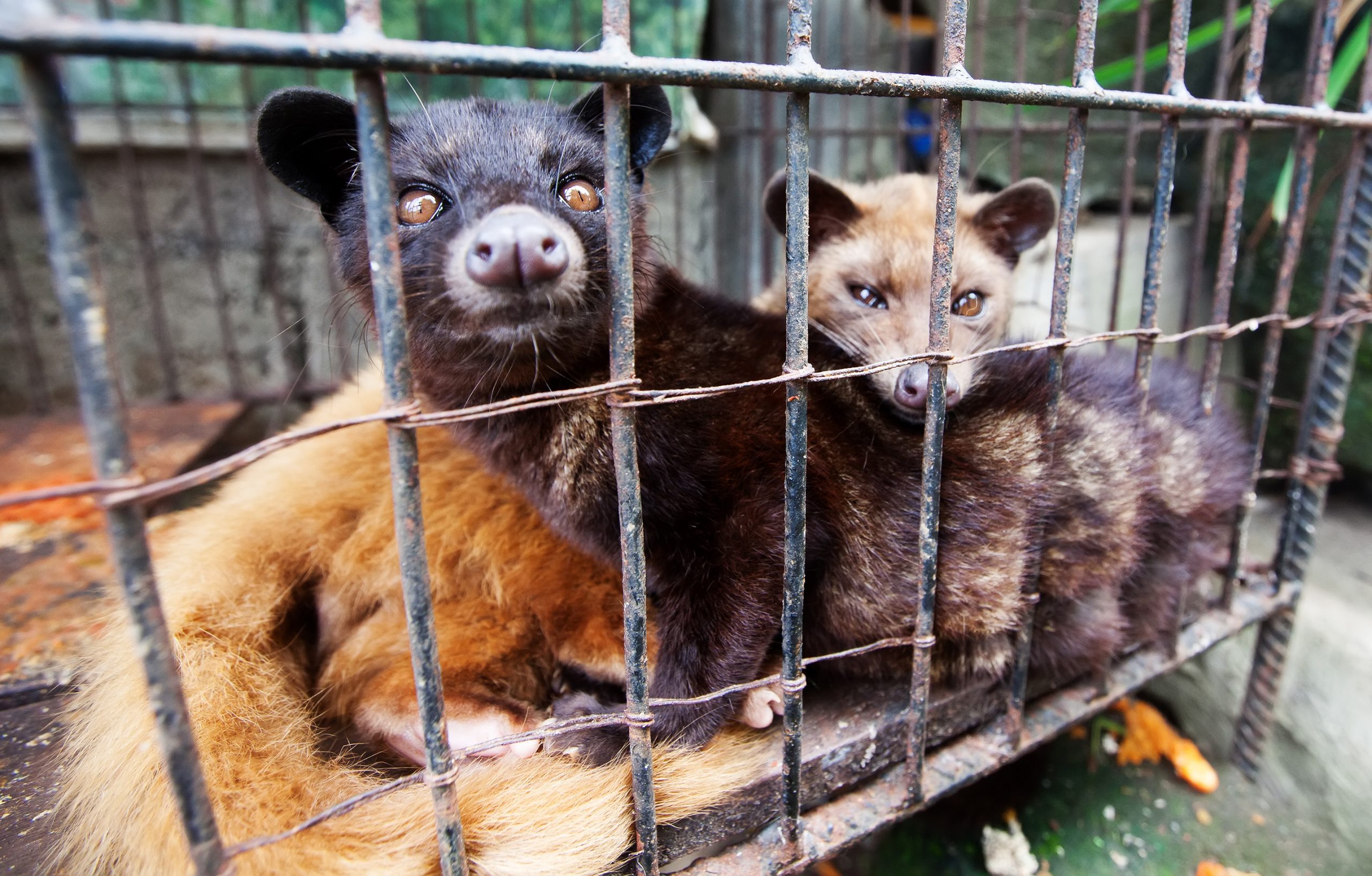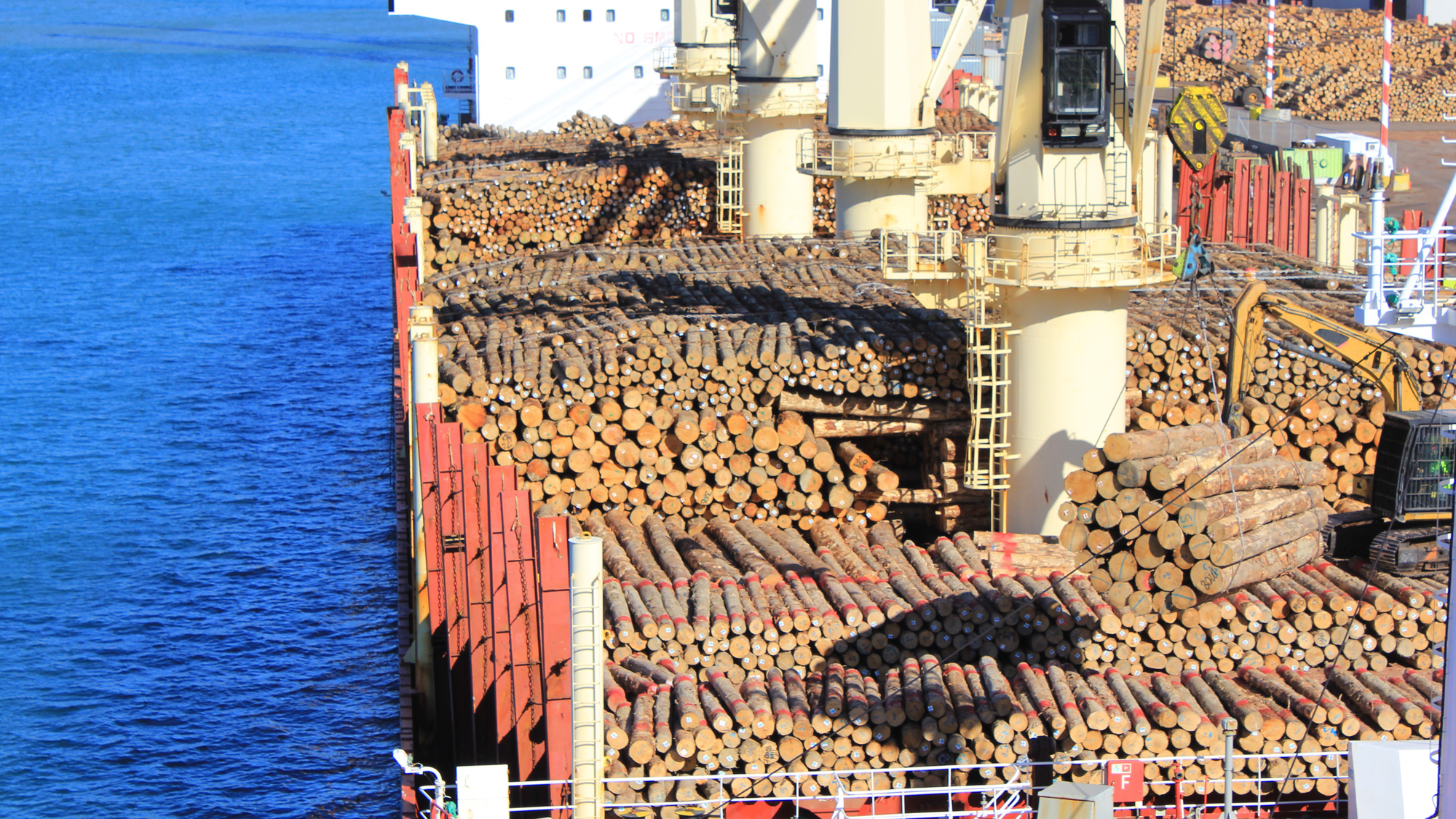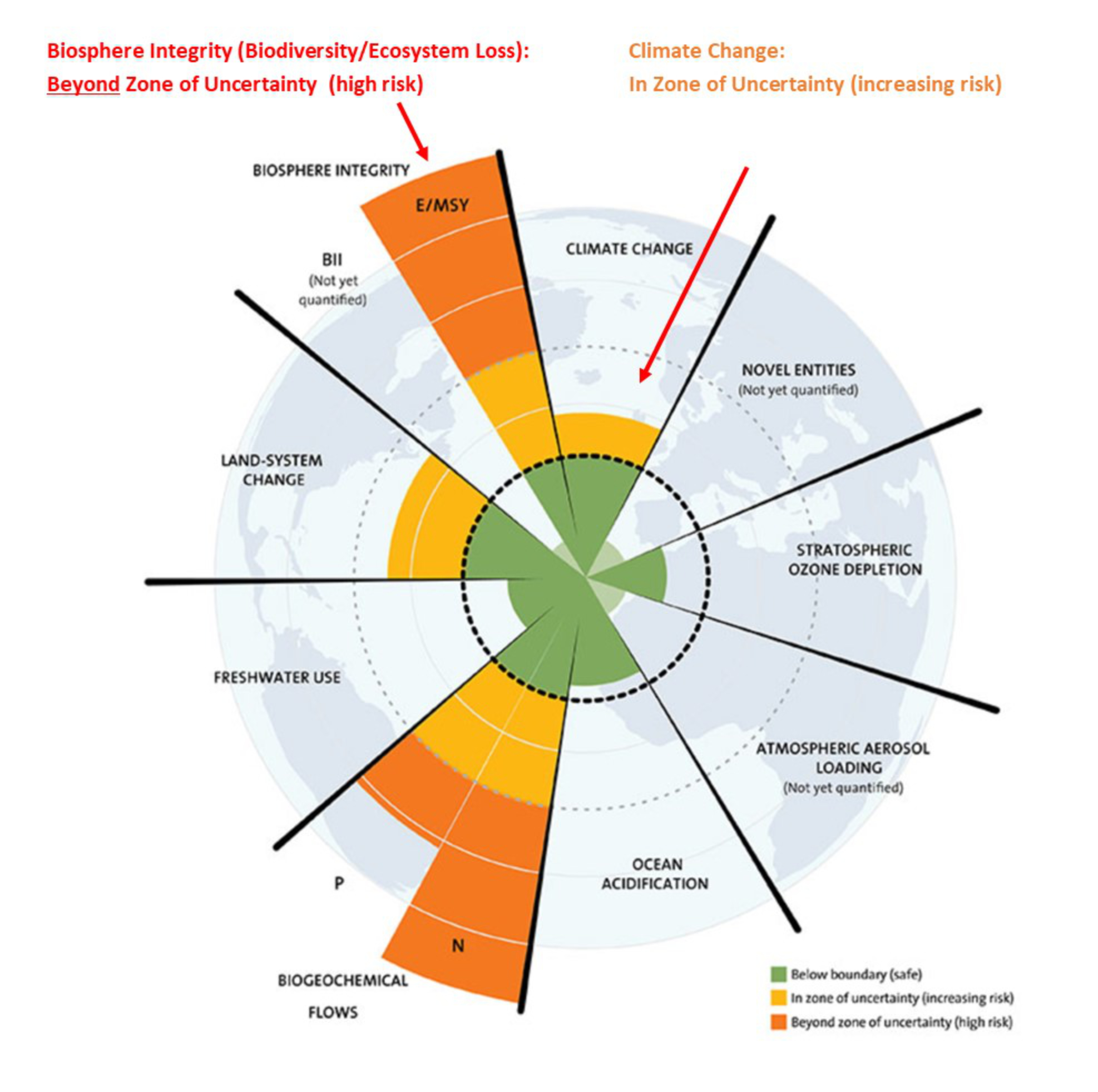
For two decades, or more, some of the world’s leading scientists have been telling us to expect a pandemic. They knew that humans are vulnerable because the line between us and exotic animals has long been breached for trade. Too few people were listening.
As a result, and with no real monitoring, a trillion-dollar trade in birds, animals and plants flourishes. According to the United Nations, before the pandemic this trade was growing at two to three times the rate of the global economy. The scale of legal, unchecked over-exploitation, which has been going on for decades, means we have walked blindly into the High Risk Zone of Uncertainty, outlined in the Planetary Boundaries model. This model identifies the ecologically safe operating space, essential to maintaining a stable ecosystem, which is required for human development and prosperity.
More people around the world are now paying attention to climate change, because the planet is more visibly unstable, and this is now affecting not only people living in developing countries but also those living carbon intensive lifestyles, in developed countries. Sadly, the lifestyle of the wealthy needed to be impacted before they took notice; but at least now they have, though there is still little evidence of the behaviour change needed. With climate change, the world has tipped into what is termed the Increasing Risk Zone of Uncertainty in the Planetary Boundaries model.
But what about the risks associated with biodiversity loss? In this case, we are beyond the increasing risk Zone of Uncertainty and we have tipped into the high-risk area. Yet this is rarely covered in the mainstream media. We haven’t even reached the denial stage yet, as most of the world is simply unaware of the risks associated with biodiversity loss and ecosystem collapse.
For many, as they become aware, they may take the approach that this is JUST about animals and plants, so we don’t really care. Remember, only 3% of non-government donations goes to animals and the environment; as a way to measure, we must take this as an indication of how few people care. What many don’t realise is that biosphere integrity plays a significant role in food security, water security and managing air pollution. It is frankly foolish to be worried about climate change, but not be thinking about biodiversity loss.
So how do we raise the profile of this problem and the risk it poses? This is difficult because it is dependent on people being willing to stop their unnecessary consumption. The pandemic has clarified that too many people, living carbon intensive lifestyles in wealthy countries, simply don’t know what to do with themselves if they can’t shop and spend. As a result, disposable income that would have gone to travel is being spent on adding to their property portfolios, home renovations and online purchasing of luxury goods. As a July 2021 article, in Fortune Media, stated:
“The world’s affluent are drinking more champagne and buying more new designer gowns and pricey handbags than they were before the COVID-19 pandemic, according to new financial results from luxe conglomerate LVMH.”
This affluent group buys up alligator, crocodile, lizard, ostrich, snake, shark, stingray, kangaroo and cat leather. They buy zebra, elephant and giraffe skin. They buy mink, fox, beaver, sable, lynx, chinchilla, raccoon, racoon dogs, ermine, fisher, otter, marten, coyote, nutria, opossum, muskrat, Russian squirrel and fitch fur. What they are not accepting is the extinction risk resulting from the vulgarity of their desires. But this vulgarity doesn’t stop with leather, feathers and furs. Add to this the exotic and endangered species used in gourmet foods, the endangered plants used in beauty products, CITES listed wood and plants used in home and office development and decor. The natural world has been, and continues to be, systematically stripped of its species for profit; and not only species, we are even running out of sand because of construction!
And these profits aren’t hard to generate, as is demonstrated by the rapid rebound of economies in many affluent nations.

The British economy is growing at its fastest pace in 80 years and could recover its pre-pandemic size by the end of this year, according to a leading economic forecaster. Similarly, Australia’s economy has returned to pre-Covid size on the back of household spending. So, have we learned anything from the last 18 months? It would appear not. Too many people don’t know what to do with themselves if they can’t buy ‘stuff’, and their addiction is encouraged by business and their governments.
Only time will tell just how much of government stimulus spending will be detrimental to wildlife and the natural world. While we talk of wanting a green recovery, a recent survey and analysis by Vivid Economics concluded trillions of dollars have been spent on pandemic recovery in ways that harm the environment. Similarly, during the pandemic the Regional Comprehensive Economic Partnership (RCEP), a free trade agreement between 15 countries, was signed on 15 November 2020. While it makes it much easier to trade within the bloc, the agreement includes no environmental safeguards.
My final example, in May 2020, at the height of the first wave of the pandemic, the Indonesian government made timber export regulations easier, withdrawing the obligation on timber and wood product companies to provide ‘legality assurance’ documentation with their exports; this was done under the guise of a Covid-19 trade stimulus strategy. This regulation change will make already opaque supply chains even more open to illegal logging and will make access to forests easier for both legal and illegal harvesting of wildlife. The government confirmed timber companies only have to provide legality assurance documentation if customers ask them to do so. Given that too many businesses appear to operate a “don’t ask, don’t tell” system in relation to their suppliers, it is unclear how many businesses will insist on such proof.


We continue to sleepwalk towards environmental disaster, and it is our unchecked, over exploitation of the natural world that’s the most pressing problem, in reality even greater than climate change, when you consider the Planetary Boundaries model. Businesses and governments have settled on making ‘pledges’ without any useful accompanying actions and too many people simply don’t care and continue to consume to fulfil their lifestyle desires.
It will obviously take a lot more than 4 million people being killed by a pandemic for our collective delusions about the need for endless economic growth, and that consuming gives us status, to die.


